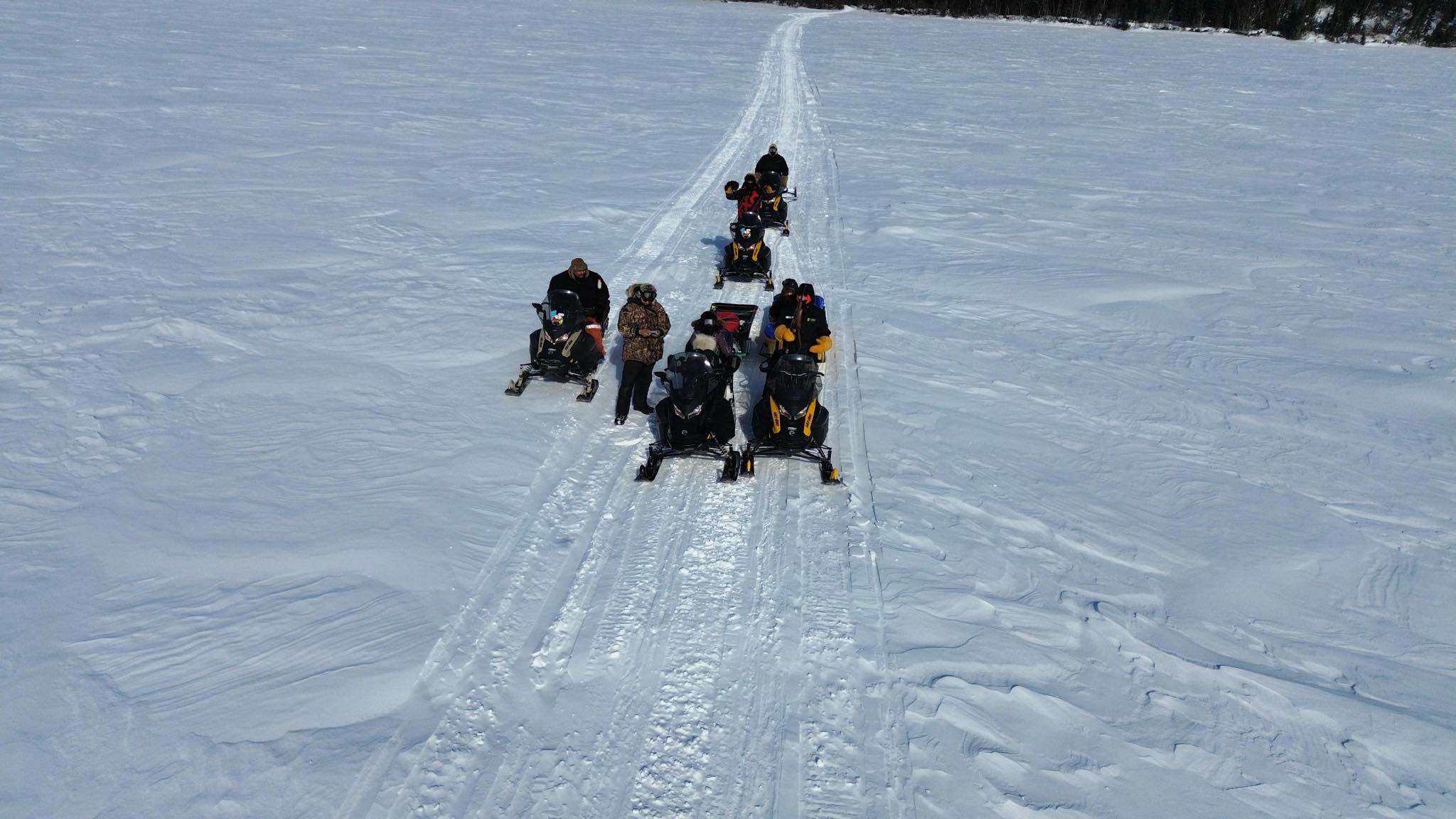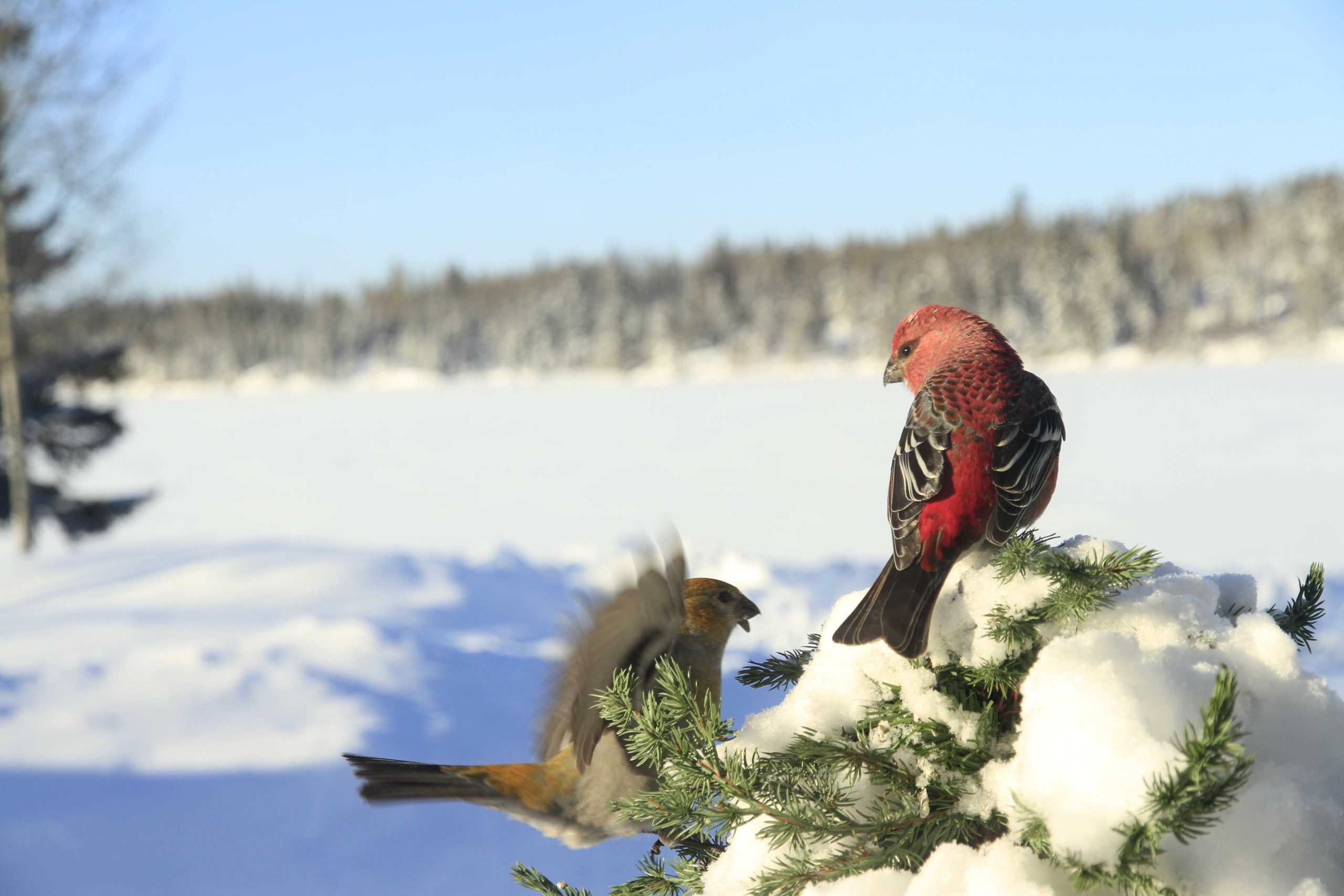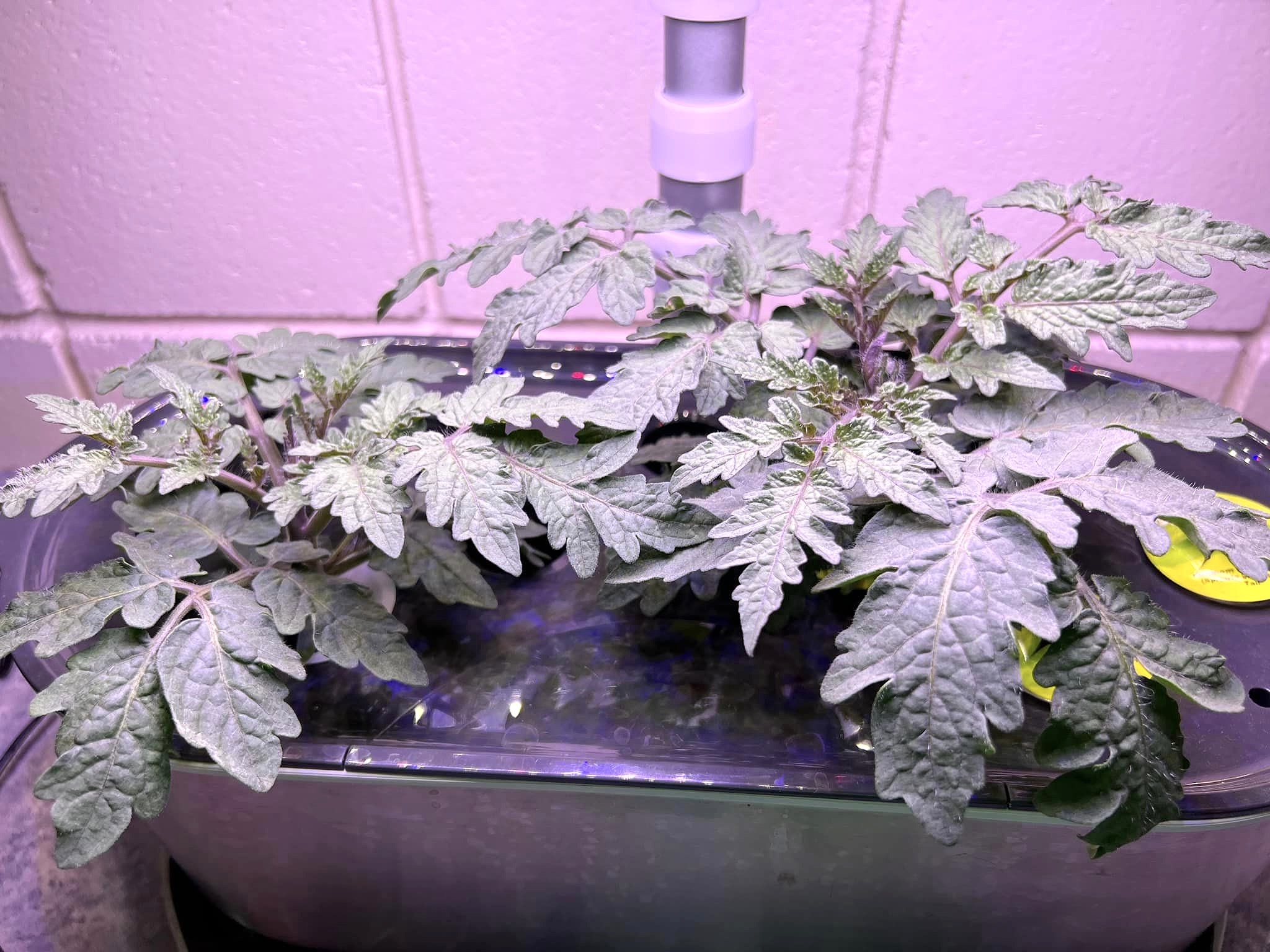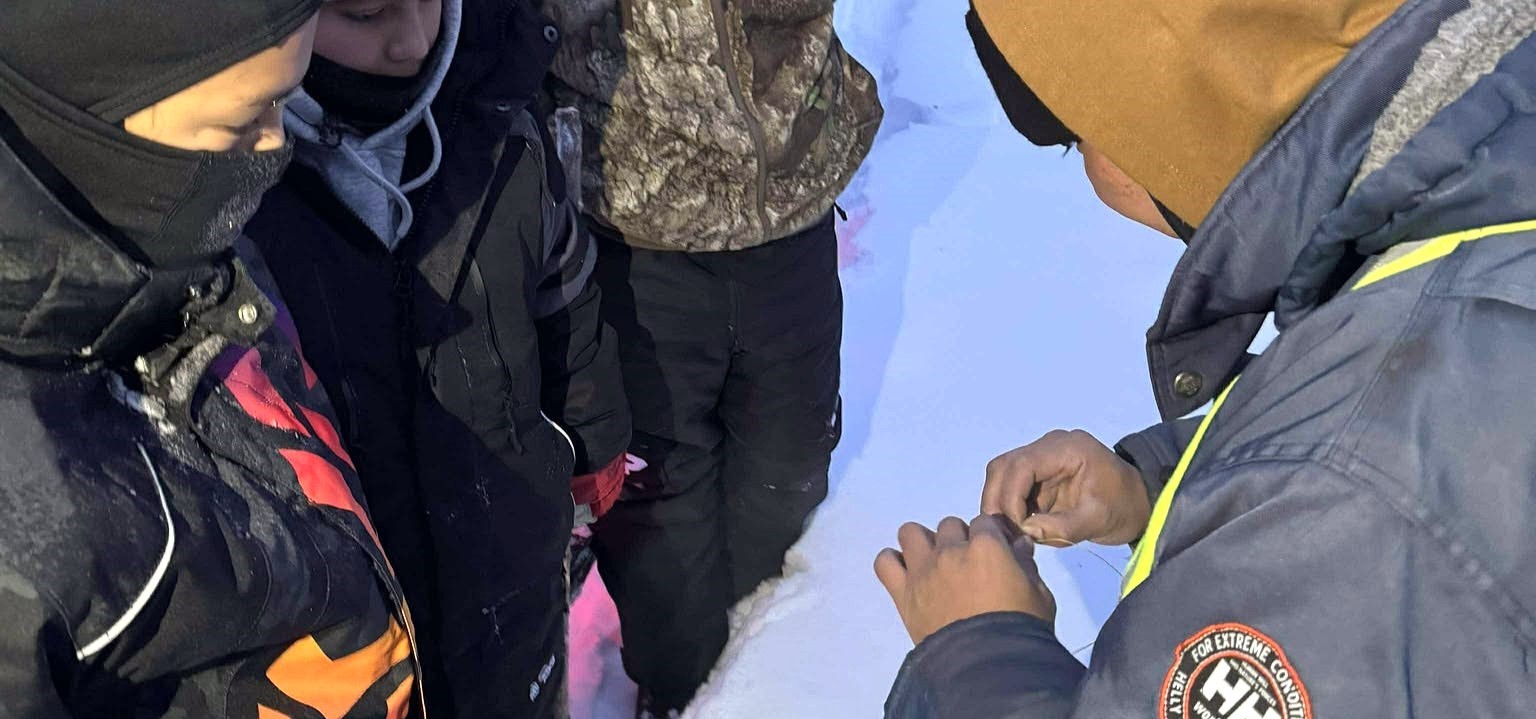Food Security is an Experience
 Discussing food security in concrete ways can be difficult to do, as food security is an individual experience that is felt; naturally, this will manifest differently for everyone. Even though there is a widely accepted international definition for food security, and the federal government uses specific criteria to measure food insecurity, the nuance in how this overall view translates into an individual’s experience is easily overshadowed. Even setting aside the fact that the nationally-administered survey only measures food insecurity rates with financial factors, other factors (such as cultural acceptability for example) that contribute to a food insecure experience are subjective.
Discussing food security in concrete ways can be difficult to do, as food security is an individual experience that is felt; naturally, this will manifest differently for everyone. Even though there is a widely accepted international definition for food security, and the federal government uses specific criteria to measure food insecurity, the nuance in how this overall view translates into an individual’s experience is easily overshadowed. Even setting aside the fact that the nationally-administered survey only measures food insecurity rates with financial factors, other factors (such as cultural acceptability for example) that contribute to a food insecure experience are subjective.
This subjectivity in discussing food security is also compounded by the fact that our current systems disproportionately impact minority populations, who are affected by higher rates of food insecurity overall. In interrogating these systemic causes and effects however, it is also important that individual aspects, viewpoints, and experiences aren’t lost either.
Diversifying and Decolonizing Food Systems
As Maya Feller (MS, RD, CDN) notes in a perspective piece, the first step to decolonizing our food systems is to acknowledge and internalize that “there’s no one size that fits all when it comes to food.” Namely, most cuisines don’t follow the Western rubric of “the healthy plate” composed of a standard protein, vegetable, and carbohydrate in a given meal. This acknowledgement is needed to combat the continuous assimilation of different cuisines and cultures into a white-oriented definition.
Further, in this assimilation of foods, the foods themselves (and therefore the culture) have been diluted, changed, and paired down to accommodate the white perspective. This has also been facilitated through co-opting the term ‘healthy’ to state that it’s not, as an example. Other terms such as not being ‘clean’, or being too ‘exotic’ are also used as put downs for non-white cuisines.

One organization who works to decouple food and food systems from the white perspective is Soul Fire Farm. Soul Fire Farm, based in the United States, works to center minority groups within food systems and reclaim their right to have agency, strengthen community self-determination, and end food apartheid. Their online resources include a ‘how to’ video series called the Liberation on Land Skillshare Video Series, leadership guides that cover food sovereignty and equity, and other publications with supporting information.

Another perspective is the experiences of LGBTQIA+ individuals who work within our food systems. Sexuality and gender-diverse experiences have also been traditionally sidelined in favour of forwarding the narrative of cisgender-heterosexual perspectives. Even articles that expose the absence of these experiences in Canada sometimes miss the mark. On this topic, one hub user recently shared this publication from the European Coordination Via Campesina (ECVC) that highlights some of these stories.
Listening to Individual Perspectives
The Daily Bread Food Bank operating in Toronto recently released a report specifically on how the COVID-19 pandemic has affected food insecure individuals, with personal stories and quotes being shared. This report explicitly demonstrates through sharing brief, personal stories on how the pandemic has caused food insecurity rates to increase dramatically in the country through specific individual examples and circumstances.

“The kids are eating three times more [at home] than before COVID-19. Not having school makes it hard to do anything. The adults and older kids need to sacrifice so that the younger ones can eat.”

Further, the Black Creek Food Justice Network, also based in Toronto, released a report called Fighting for Food Justice in the Black Creek Community. This report highlights the wide array of voices in the local community on their experience with food security. This included elaborating on the wide range of definitions on what ‘food justice’ means to residents. The report also emphasizes the diverse set of needs and obstacles for residents at the individual level in realizing a food secure experience.
“When discussing what food justice means to them, many community members made the connection to the criminalization of poverty and race and how that connects to accessing food.”
So how can we continue to amplify these voices? Why Hunger explains that listening to stories is of paramount importance. Listening to the experiences of food insecure individuals and the experiences of success stories in reclaiming food sovereignty are both important. This way, these are all illuminated and further contribute to maintaining direction in what is needed to be achieved by society to ensure that everyone can have a food secure experience.
Manitoban Perspectives
Here in Manitoba, Harvest Manitoba also keeps a story collection from some of their community members and volunteers. You can view those stories here.
Another available resource is the short video below:
Do you have an experience you’d like to share? Any further insights from your individual perspective?
We invite you to write to us, we’d love to hear from you.
Black Creek Food Justice Network. Fighting for Food Justice in the Black Creek Community Summary. (N.D.). Retrieved on October 13 2021 from https://cec.info.yorku.ca/black-creek-food-justice-action-network/
CBC: Latimer, K. Sask. Farmer sees Teaching Opportunity After News Feature on Diversity Omits that he’s Gay. (2020). Retrieved on October 20 2021 from https://www.cbc.ca/news/canada/saskatchewan/stuart-chutter-diversity-gay-farming-1.5736089
Daily Bread Food Bank. Hunger Lives Here. (2020). Retrieved on October 13 2021 from https://www.dailybread.ca/research-and-advocacy/hungerliveshere/
European Coordination Via Campesina. ECVC launches publication on gender diversity in rural areas. (2021). Retrieved on October 14 2021 from https://viacampesina.org/en/ecvc-launches-publication-on-gender-diversity-in-rural-areas/
Feller M. I’m a Black Dietician – Here’s What I Want You to Know About Food and Racism. (N.D.). Retrieved on October 13 2021 from https://www.healthline.com/health/food-nutrition/black-dietician-food-and-racism
Food and Agriculture Organization. An Introduction to the Basic Concepts of Food Security. (2008). Retrieved on October 20 2021 from https://www.fao.org/3/al936e/al936e.pdf
Government of Canada. Determining Food Security Status. (2020). Retrieved on August 13 2021 from https://www.canada.ca/en/health-canada/services/food-nutrition/food-nutrition-surveillance/health-nutrition-surveys/canadian-community-health-survey-cchs/household-food-insecurity-canada-overview/determining-food-security-status-food-nutrition-surveillance-health-canada.html
Harvest Manitoba. Stories. (2021). Retrieved on October 14 2021 from https://www.harvestmanitoba.ca/stories/
PROOF: Food Insecurity Policy Research. HFI in Canada- A Guide to Measurement and Interpretation. (2018). Retrieved on August 13 2021 from https://proof.utoronto.ca/wp-content/uploads/2018/11/Household-Food-Insecurity-in-Canada-A-Guide-to-Measurement-and-Interpretation.pdf
PROOF: Food Insecurity Policy Research. Household Food Insecurity in Canada. (2020). Retrieved on July 6 2021 from https://proof.utoronto.ca/food-insecurity/#vulnerability
Soul Fire Farm. About, Liberation on Land, Resources, and Publications webpages. (2021). Retrieved on October 14 2021 from https://www.soulfirefarm.org/
Why Hunger. (N.D.). Storytelling. Retrieved on October 14 2021 from https://whyhunger.org/storytelling/
© Copyright. All rights reserved. The content of this post may be used for educational purposes without written permission. For other uses, please contact the author(s) of the content.








